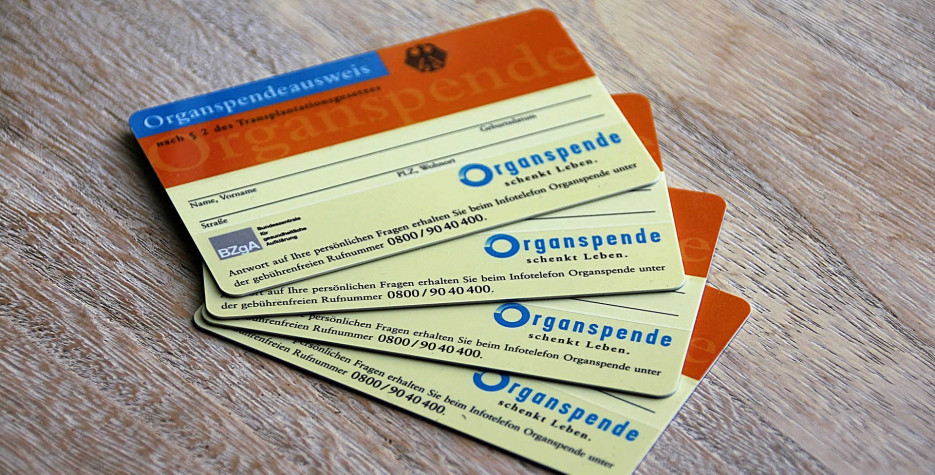About National Organ Donor Day
National Donor Day is observed across the United States as a day to raise awareness about organ, eye and tissue donation, and to celebrate those who have given the gift of life. According to the Cardiovascular Institute and the Center for Organ Recovery & Education, more than 100,000 people in the United States are waiting for a transplant that will save their lives.
Being an organ donor can have a significant impact on the lives of others by providing them with a second chance at life. Some benefits of being an organ donor include:
- Saving lives: One organ donor can save up to eight lives through the donation of organs such as the heart, lungs, liver, kidneys, pancreas and small intestine.
- Improving quality of life: Organ donation can also improve the quality of life for people who receive organ transplants by allowing them to live longer, healthier lives.
- Giving hope: Organ donation can provide hope for people who are waiting for transplants, as well as their families.
- Honoring a loved one: Some people choose to become organ donors as a way to honor the memory of a loved one who has passed away.
- Showing compassion: Becoming an organ donor is a way to show compassion and generosity to those in need.
It's important to note that organ donation is a personal decision, and everyone should make the choice that feels right for them. It's also important to discuss your wishes with your family, as they will be asked to provide consent in the event of your death.
What can you Donate?
After death, several organs and tissues can be donated. These include:
- Heart: A healthy heart can be used to save the life of someone with a heart disease.
- Lungs: A pair of healthy lungs can help someone who is suffering from lung disease.
- Liver: A healthy liver can be transplanted to save the life of someone with liver failure.
- Kidneys: Two healthy kidneys can be transplanted to save the life of someone with kidney failure.
- Pancreas: A healthy pancreas can be used to treat diabetes.
- Small Intestine: A healthy small intestine can be transplanted to help someone who has lost all or part of their small intestine due to disease or injury.
- Corneas: Corneas, the clear front part of the eye, can be donated to restore the sight of someone who has an eye disease.
- Tissues: Tissues such as skin, bone, heart valves, and tendons can be used for transplantation, research, and education.
It's important to note that not all organs and tissues are suitable for transplantation, and the medical team will determine the suitability of your organs and tissue for donation at the time of death. Additionally, you can indicate your willingness to be an organ donor when you get a driver's license or state ID or you can register online in the national registry of organ donors.
Similar Observances
World Cancer Day 🎗
Read More
National Toothache Day
Read More
Other Observances on February 14th 2026
Valentines Day 💝
Read More









